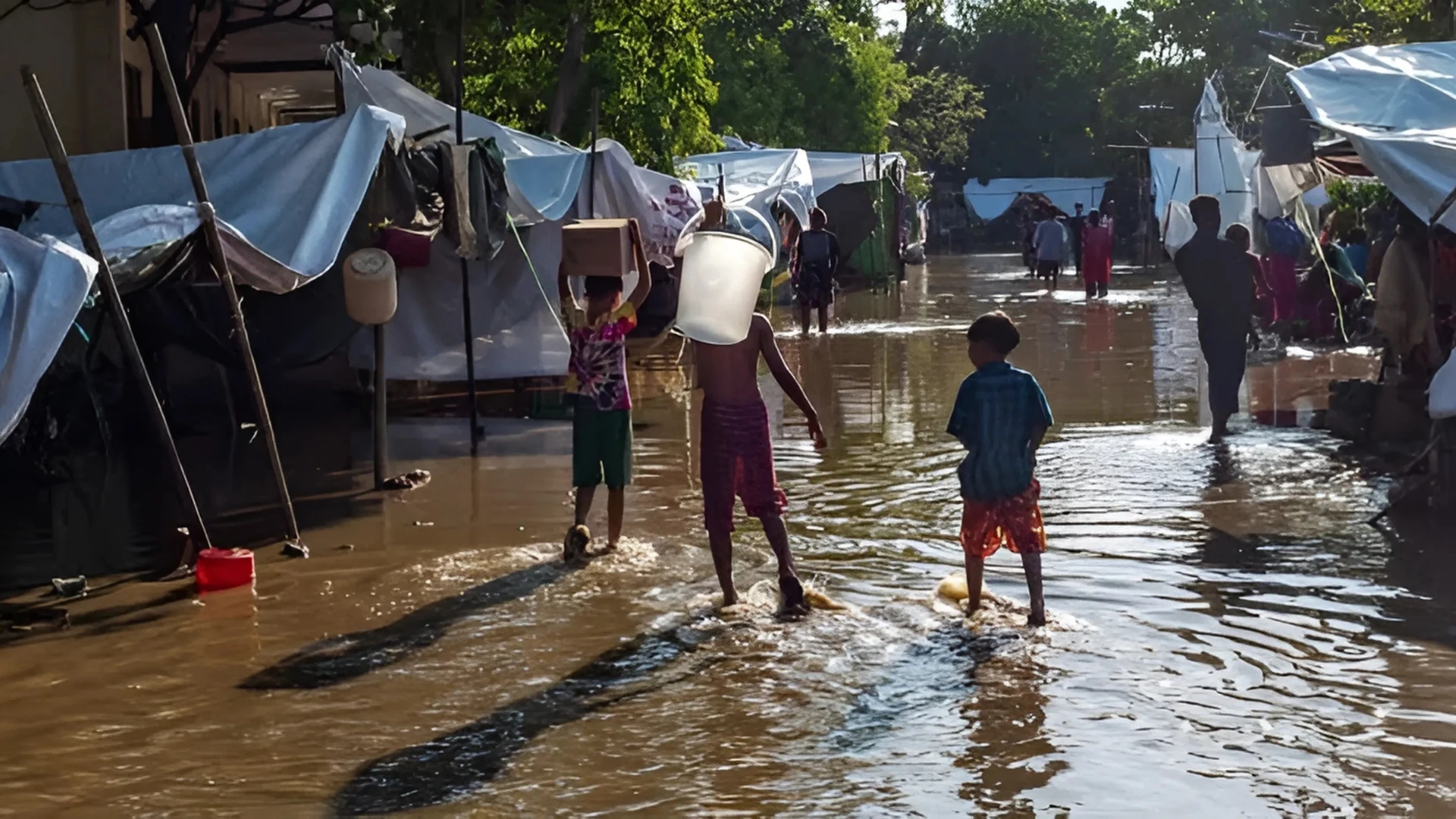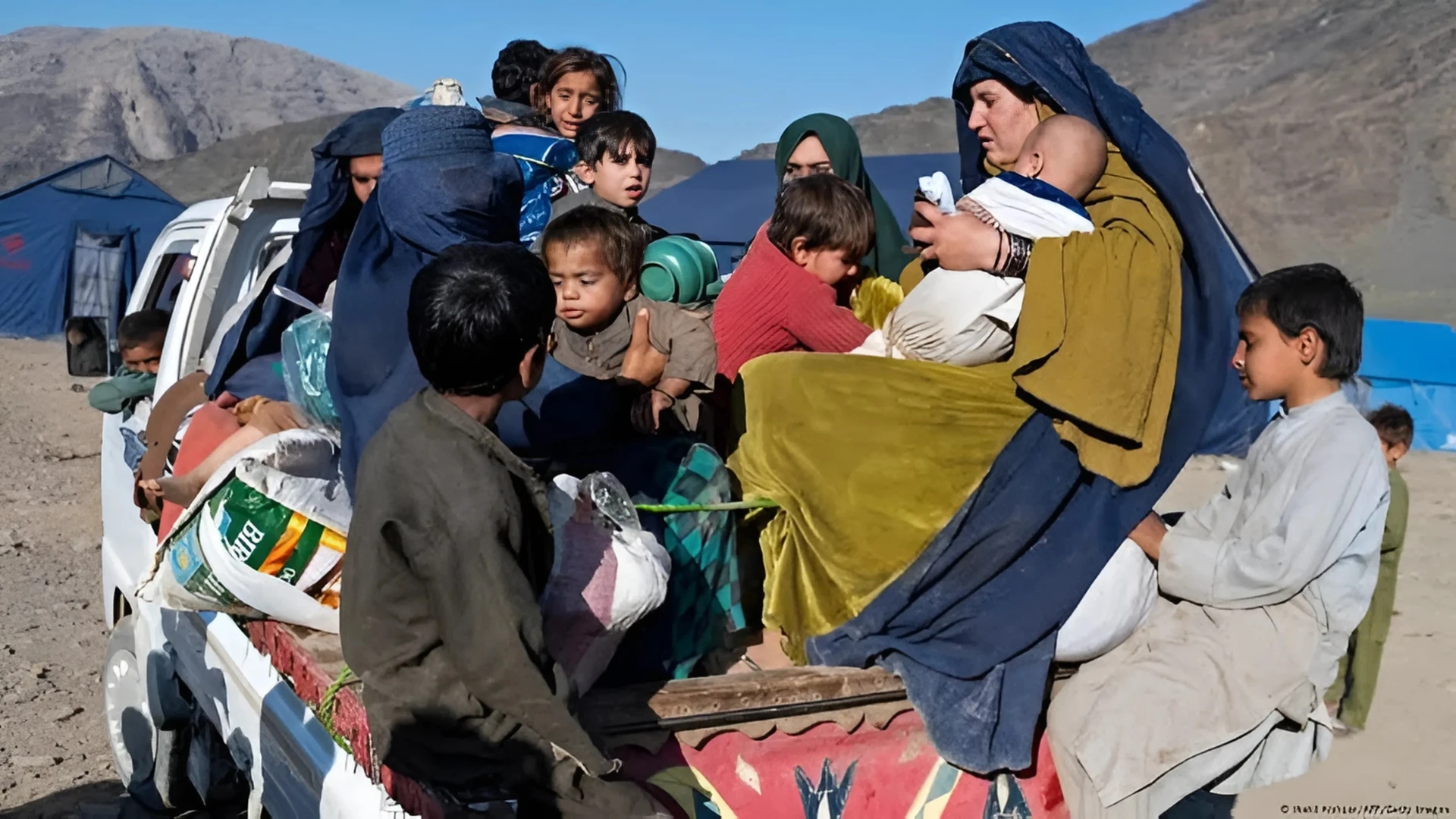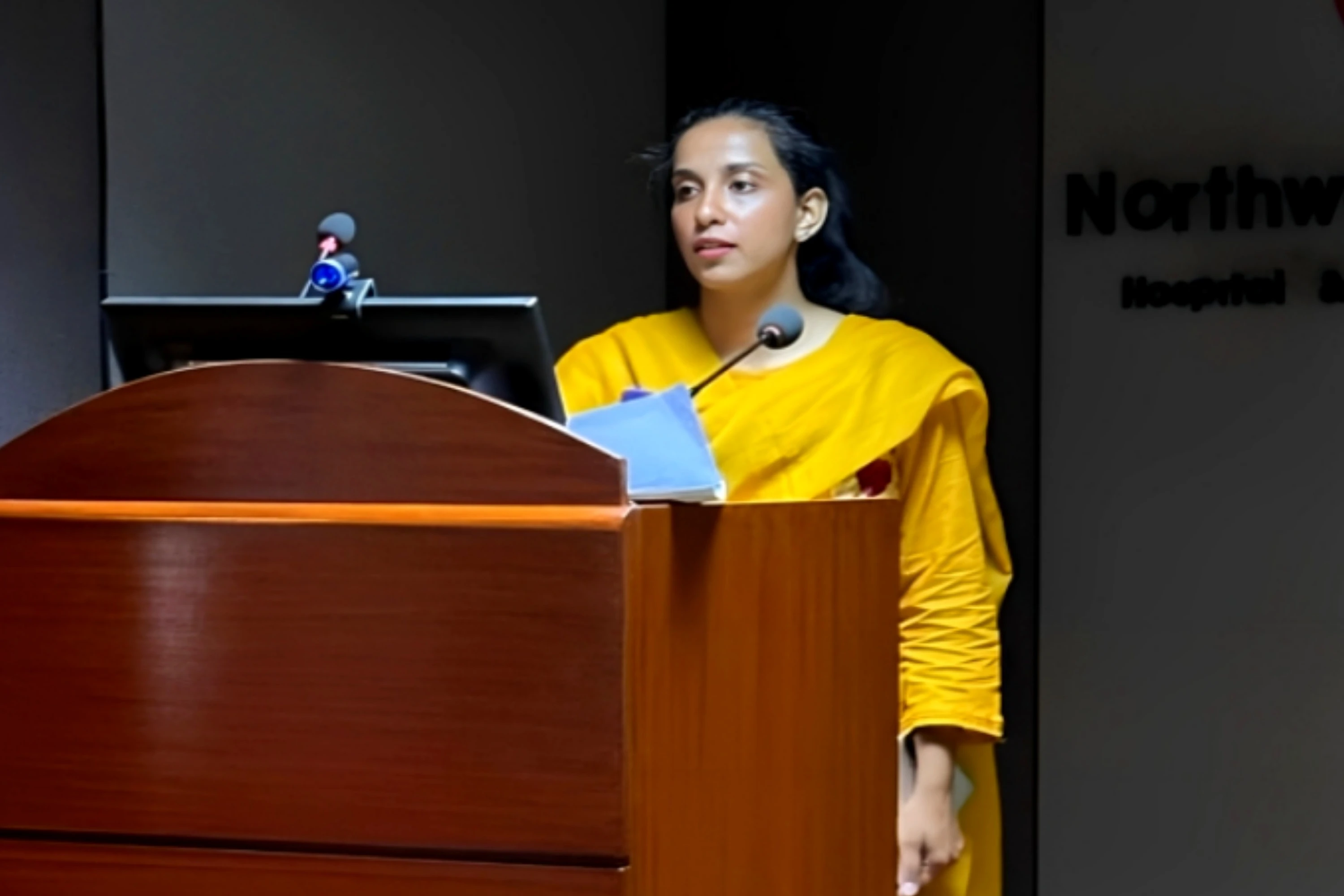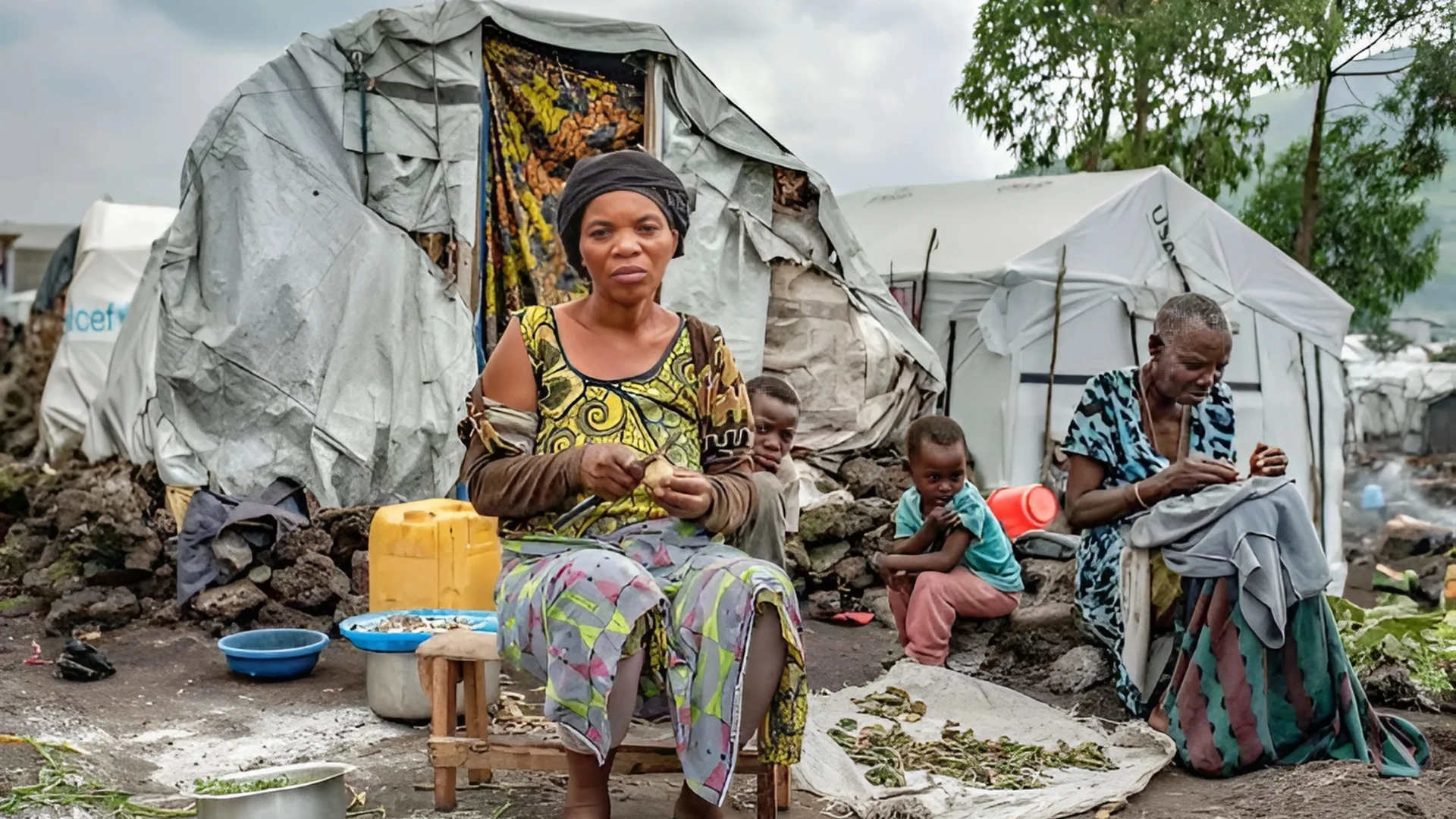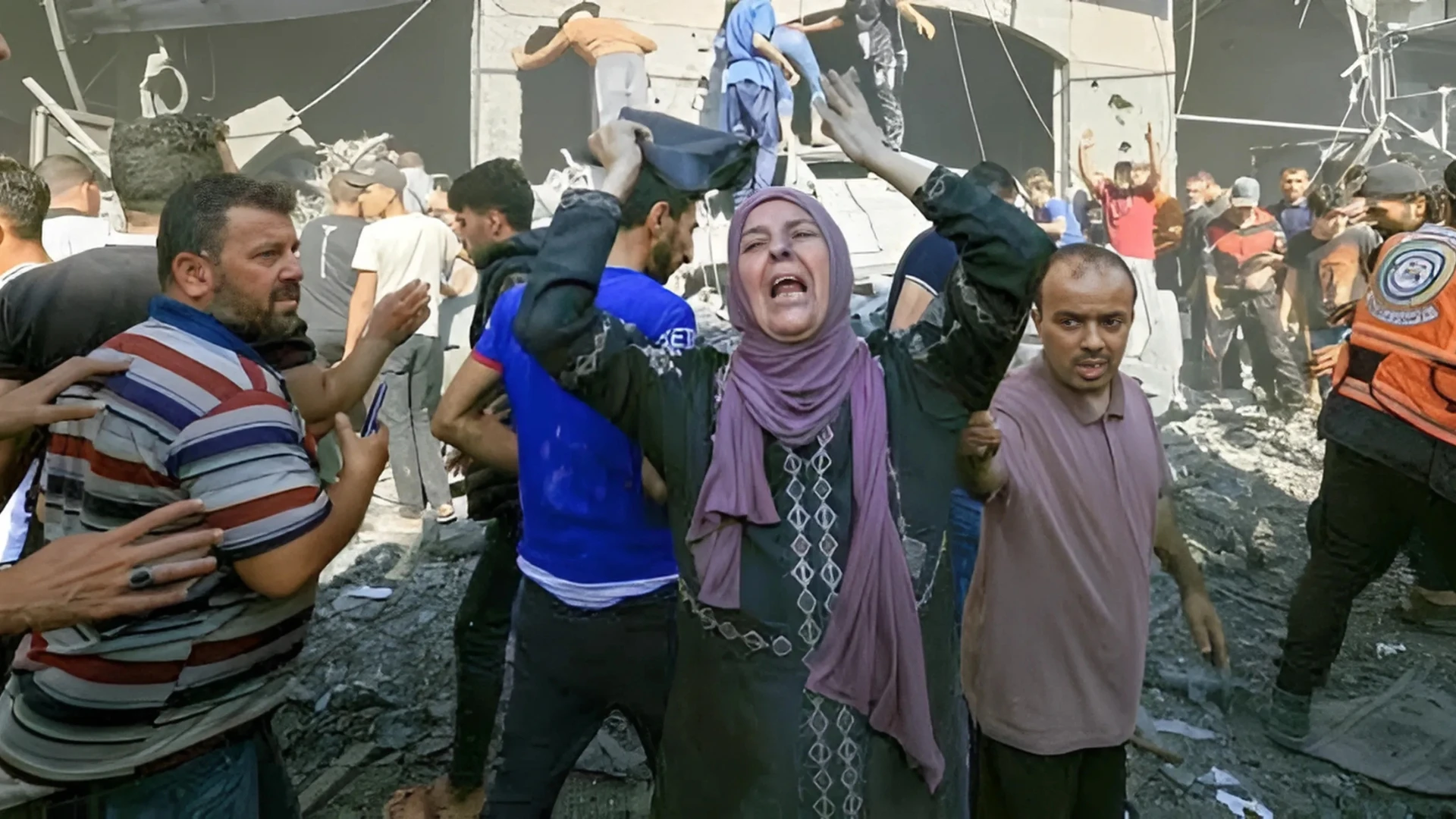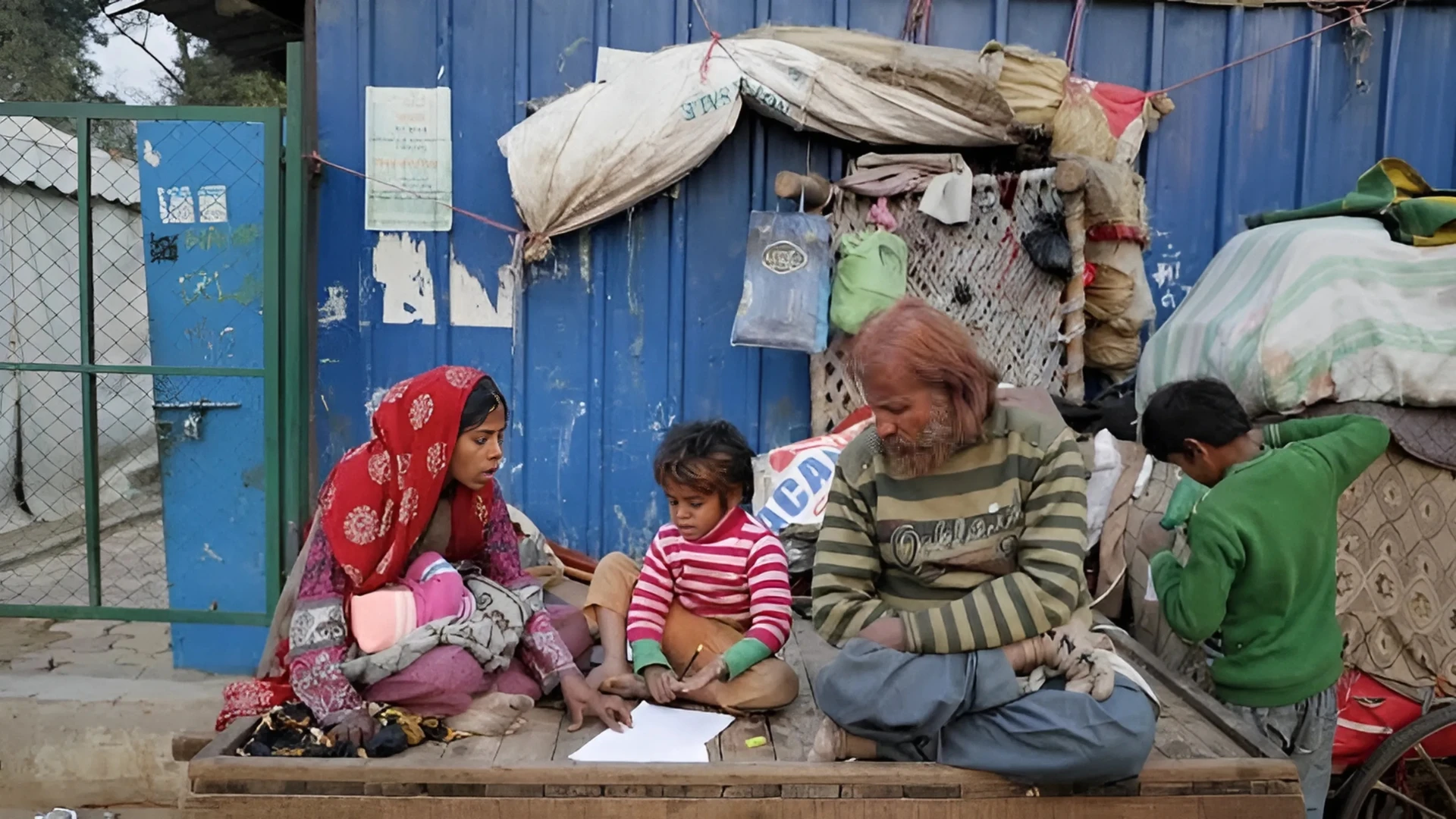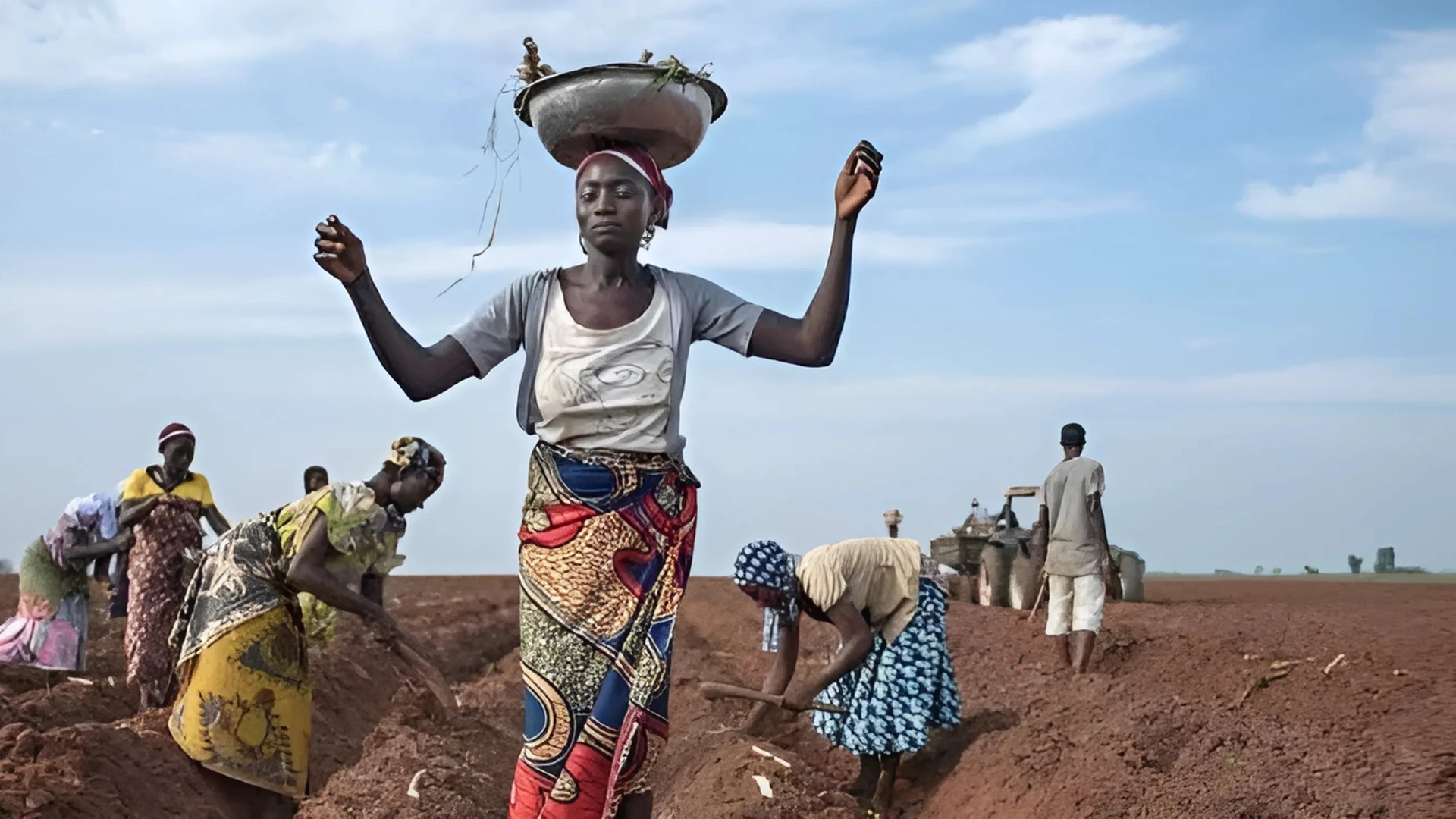Geneva: Myanmar is facing a rapidly deteriorating humanitarian disaster, the UN’s top human rights official cautioned on Friday, pointing to an alarming surge in military violence, severe aid restrictions, and dwindling international support that threaten the lives and futures of millions.
Addressing the UN Human Rights Council in Geneva, High Commissioner for Human Rights Volker Türk painted a grim picture of a nation engulfed in war and oppression, more than three years after the military seized power in a February 2021 coup.
According to Türk, nearly 6,800 civilians have lost their lives, over 22,000 people remain arbitrarily detained, and humanitarian needs have skyrocketed—with almost 22 million in urgent need of assistance and 3.5 million displaced by the conflict.
“The report I present today is fundamentally about the people of Myanmar and their vision for a brighter, more just future,” said Türk. “Amid immense adversity, many continue striving for a democratic, inclusive Myanmar grounded in human rights.”
But that vision is slipping further from reach. Instead of easing suffering after a devastating earthquake on March 28—one that claimed nearly 4,000 lives and left six million in dire need—the military escalated its attacks, Türk revealed.
The UN Human Rights Office has recorded over 600 air and ground strikes since the disaster, with 94 percent occurring during periods of declared ceasefire. Civilian infrastructure, including schools and religious sites, have not been spared.
In Rakhine State, the situation is especially critical. The minority Rohingya population remains trapped in the crossfire between junta forces and the Arakan Army, an ethnic armed group. Meanwhile, humanitarian operations are frequently blocked or delayed, exacerbating the crisis.
The country’s broader economic and institutional collapse has added to the suffering. Roughly 80 percent of the population now live in poverty or just above it, and an estimated 1.3 million people have fled Myanmar—many risking deadly journeys by land or sea. So far this year, around 20 percent of those attempting sea crossings in the region have been reported dead or missing.
In his report, Türk identified four key priorities to help guide Myanmar toward peace and recovery: ensuring justice and accountability, restoring democratic governance, enacting economic reforms that serve the people, and sustaining robust international support.
He urged the military to halt all violence, grant unimpeded humanitarian access, and release all political prisoners. “A future rooted in human rights gives people hope,” he said. “It is our collective responsibility to help turn that hope into reality.”
Echoing Türk’s concerns, Tom Andrews, the UN Special Rapporteur on Myanmar, condemned the junta’s use of aid as a weapon. Speaking to the Council, he described how humanitarian workers have been blocked from reaching those in need, and earthquake survivors have been forcibly removed from shelters.
Andrews also warned that a steep decline in global funding has already had deadly consequences. As of June 27, only 12 percent of the UN’s $1.14 billion humanitarian response plan for Myanmar has been funded, and just 37 percent of the $275 million earthquake-specific appeal has been met.
“At a time when Myanmar’s people need more help than ever, they are receiving less,” Andrews said. “If the international community fails to act now, the toll in lives and suffering will almost certainly worsen dramatically.”
Raising a moral challenge to world leaders, he added: “Do human rights really matter? If they do, why are so many governments unwilling to commit even modest resources to save children and families in Myanmar?”


